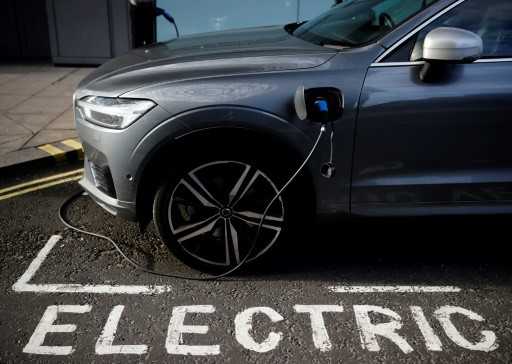Switch to electric cars could end oil era
26 November, 2020

Emerging markets switching from petrol and diesel motors to electric automobiles (EVs) could save $250 billion annually and slash expected development in global oil demand by as much since 70 percent, a business analysis shows.
As more and more nations such as for example China and India turn to grow their electric power fleet, they are subsequently reducing reliance on imported oil, with EVs forecasted to in the near future be cheaper to create and run than their fossil-fuel-fired cousins.
An analysis of EV cost trends by industry watchdog Carbon Tracker discovered that a switch to EVs could save China -- a world leader on the technology -- $80 billion every year by 2030.
Increased EV production would drastically reduce the price tag on oil imports, which take into account 1.5 percent of China's GDP and 2.6 percent of India's.
The analysis found that the EV revolution could essentially fund itself as component costs fall as time passes and governments turn away from fossil fuel infrastructure such as pipelines and refineries which risk becoming stranded assets as transportation gets greener.
"This is a straightforward choice between developing dependency on what has been expensive oil made by a overseas cartel, or domestic electricity produced by renewable sources whose prices fall as time passes," said Kingsmill Relationship, Carbon Tracker strength strategy and lead statement author. "Emerging marketplace importers provides the oil era to a finish."
Transport in emerging market segments accounts for a lot more than 80 percent of most expected growth in essential oil demand by 2003.
Analyzing the International Strength Agency's business as regular emissions scenario, the article found that half of this growth is normally forecast to result from China and India.
It calculated that by switching to the IEA's Sustainable Development Situation -- under which EVs take into account 40 percent of car sales in China and 30 percent in India -- essential oil demand growth would be slashed by 70 percent this decade.
The authors said a fall of 20 percent in battery costs in ten years had driven "enormous new markets" for EV growth.
Using industry baseline numbers, the evaluation calculated that the expense of importing oil to perform an average car more than its 15-year lifetime ($10,000) has already been 10 times greater than the expense of the solar tools had a need to power an comparative EV.
Last year, EVs accounted for 61 percent of China's two-wheeler sales and 59 percent of bus revenue.
"Element in the war on plastics striking petrochemical demand and rising EV penetration found in developed markets, it becomes a lot more most likely that we have observed peak oil demand in 2019," said Bond.
Source: japantoday.com
